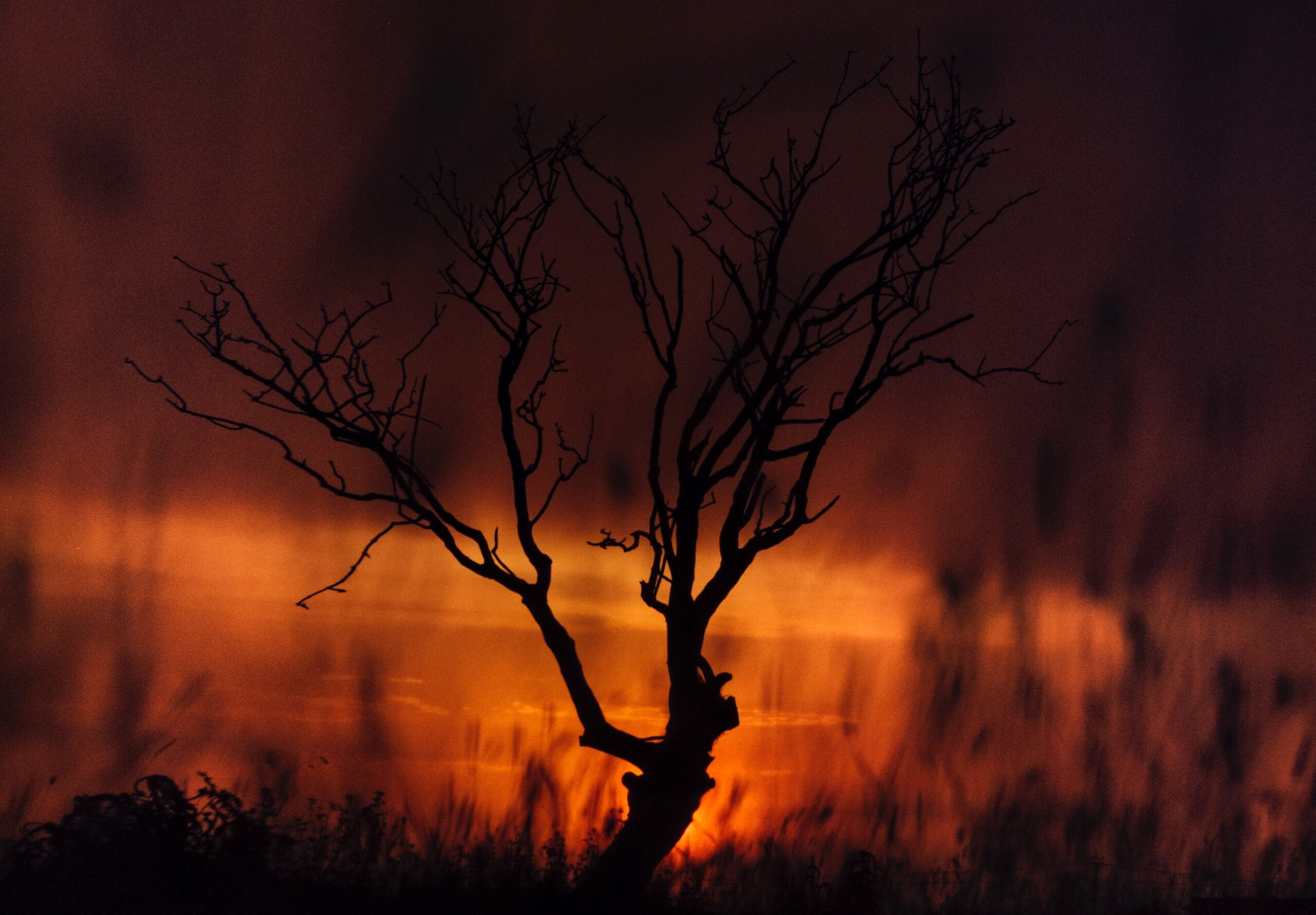A heatwave in Europe is blasting through temperature records, and scientists warn it’s only a matter of time before it happens here too.
Britons are sweltering under 40 degree heat and wildfires, while the death toll across Europe climbs into the thousands.
“Even as a climate scientist who studies this stuff, this is scary. This feels real,” said Professor Hannah Cloke, a natural hazards researcher at the University of Reading.
Research earlier this month showed heatwaves are worsening and changing most quickly out of the different categories of extreme weather due to climate change.
Climate scientist James Renwick said if countries don’t get on top of their emissions the results will be “catastrophic“.
“It’s already catastrophic for some communities in England for instance, eventually these extreme events will be so devastating they’ll wreck the economy, wreck societies, so we really have to get on.”
New Zealand is not immune to the rising mercury. Analysis from NIWA revealed that the first six months of 2022 have been New Zealand’s second warmest on record.
A similarly intense heatwave happening here is “more a matter of when, rather than if,” said NIWA meteorologist Ben Noll.
“[Climate change means] you’re kind of loading the dice, increasing the odds to observe very very high temperatures,” Noll said.
Meanwhile, high winds and heavy rains across the South Island and Wellington made for opposite conditions here in New Zealand. However, James Renwick says it’s part of the same system.
“The warmer the year gets, the more moisture on average there is in that air. So where there’s a storm, there’s more water to fall out of the storm. So you get heavy rainfall events, possibly bigger storms and stronger winds.”
The deluge contributed to Metservice recording some of its highest ever rainfall for the month of July.
“All the predictions for climate change is for more flooding,” said Tim Davie, Environment Canterbury’s Director of Science.
“Rivers are naturally hazardous and if you live near a river you need to be prepared for the fact you could get flooded.”
There were dramatic scenes from Wellington, as the wild weather grounded all planes and waves submerged city roads.
“Some areas are going to become more and more difficult to inhabit so we need to think about localised managed retreat programmes where we are assisting people to move to safer locations,” Professor Ilan Noy from Victoria University said.
